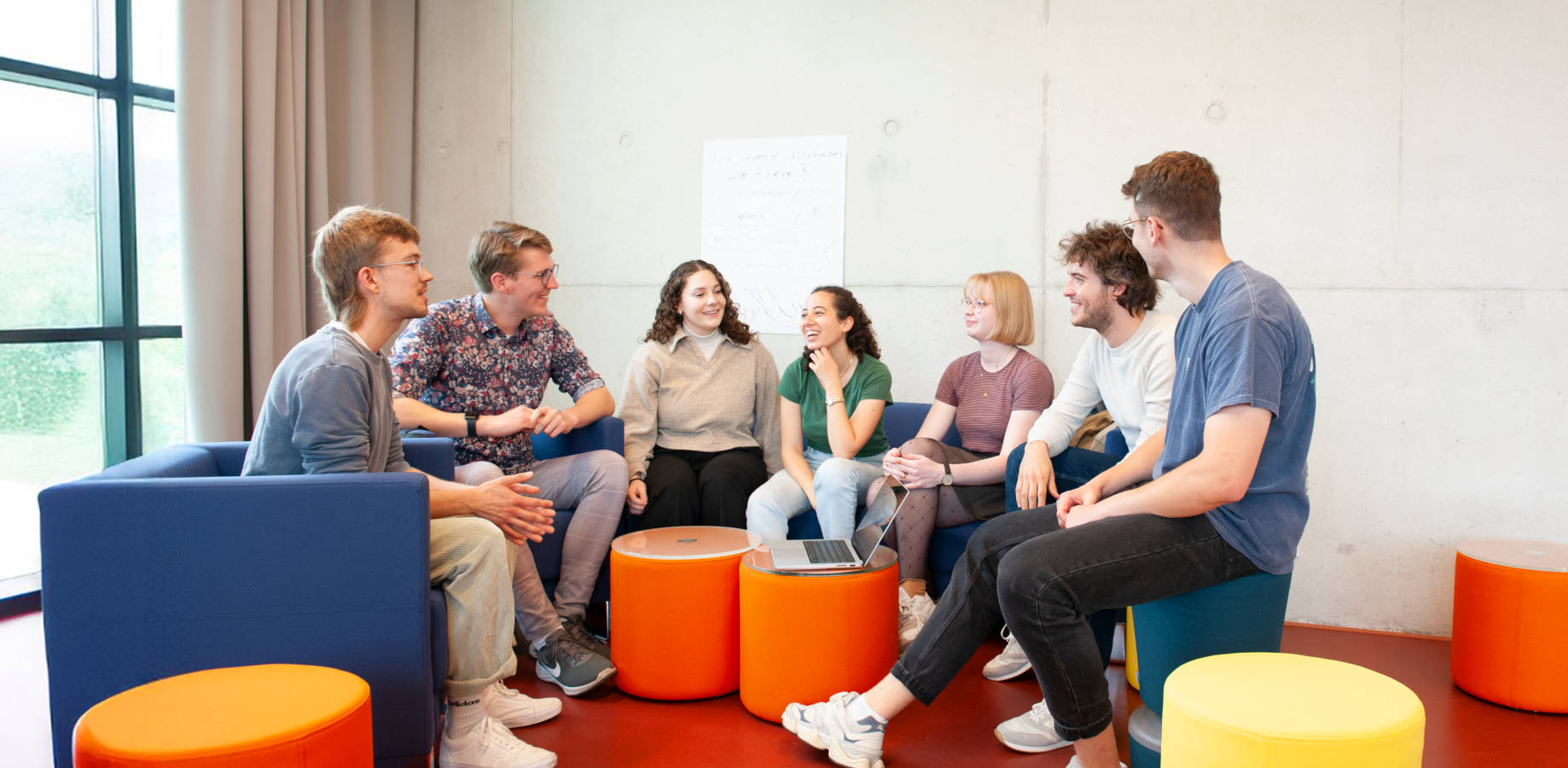
Meetings
The YRC meets regularly and organizes workshops & conferences.
The Young Researchers Convent (YRC) is a subgroup of the STRUCTURES Cluster of Excellence that brings together the early-career researchers of our scientific community. More precisely we represent Bachelor/Master students, PhD students, and Postdocs who are either directly funded by STRUCTURES or work on related research topics. Any early-career researcher who is working in a field that fits into the concept of STRUCTURES can apply for a YRC membership. If your supervisor is a full member of STRUCTURES already, then you are directly eligible for membership. More information on how to apply can be found in the FAQ section down below.
But what exactly does the YRC do?
The short answer is that we give young, motivated scientists the necessary support to realize their own projects. This ranges from travel funds covering the expenses to participate in conferences and workshops around the globe to the organization of seminars and talks.
Additionally, the resources of the YRC can be utilized to help young organizers finance their own STRUCTURES-related workshops and events. The YRC also takes part in the STEPS mentoring program, designed to promote the exchange between scientists at different stages – and especially at the beginning – of their career.
Every year, the YRC community elects their representatives. The current ones are David Maibach, Fabius Krämer and Thalia Traianou.
For further information, please check out our FAQ section or contact us directly via e-mail at:
structuresyrc(at)thphys.uni-heidelberg.de

The YRC meets regularly and organizes workshops & conferences.
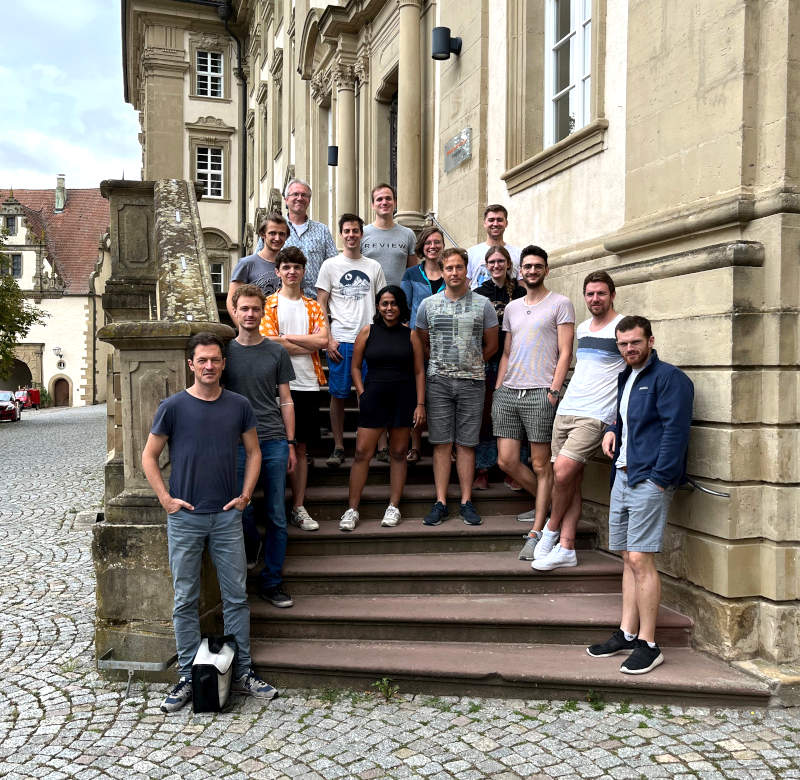
The YRC organizes the annual Schöntal workshop open to all its members.
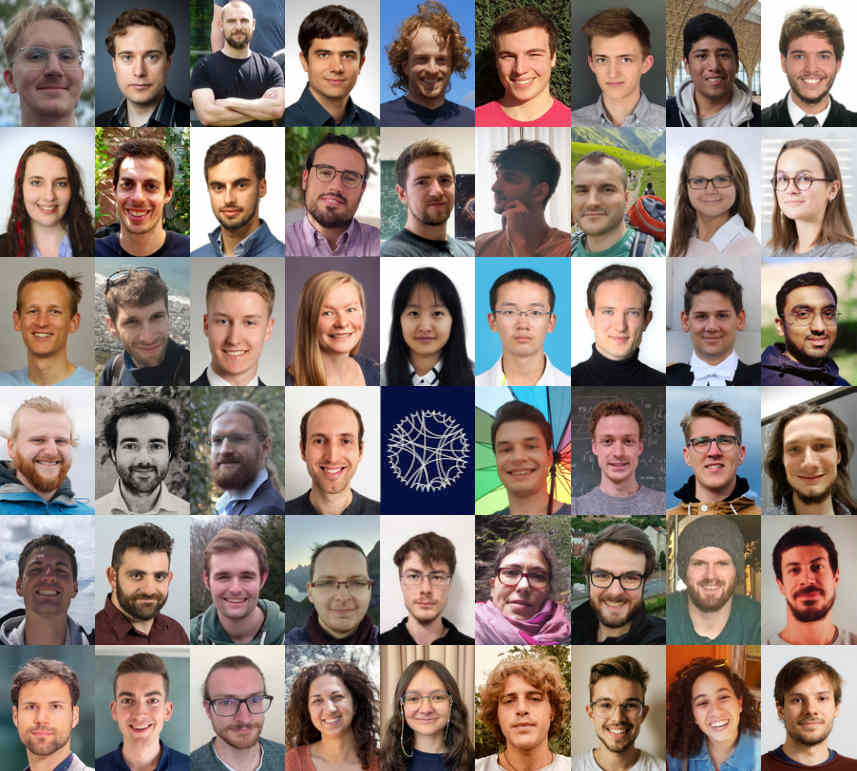
A list of all current YRC members.
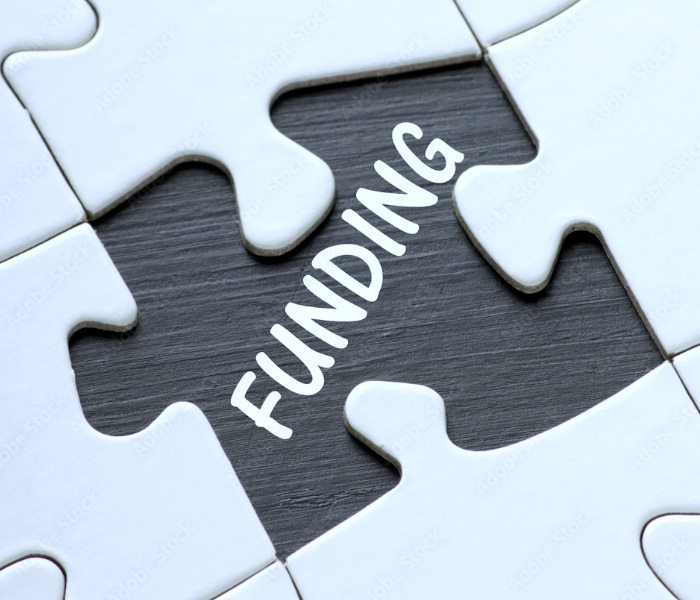
More information about the funding calls the YRC regularly conducts.

The trust professors of the YRC are introduced.

More information about past events.

Frequently Asked Questions
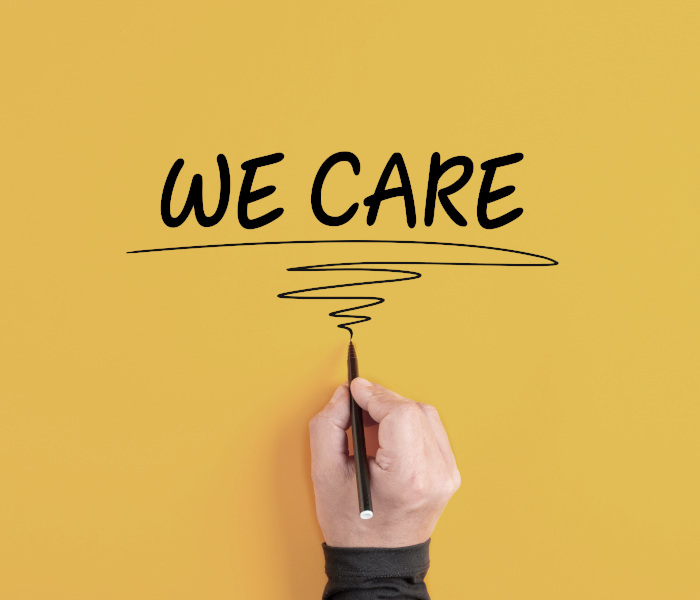
Helpful links & contacts
structuresyrc(at)thphys.uni-heidelberg.de